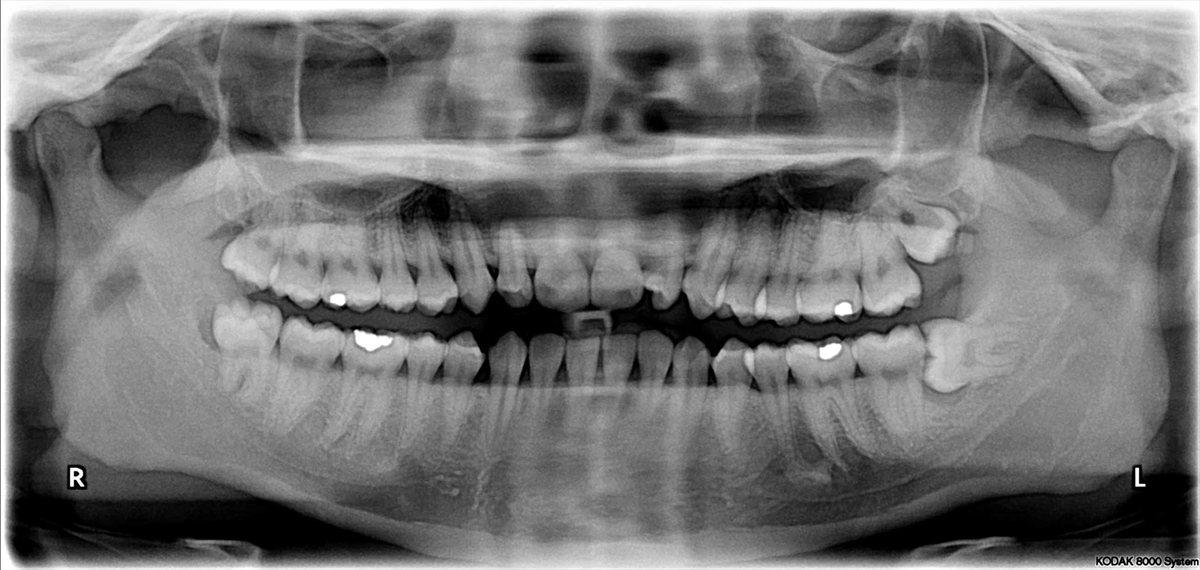
Wisdom teeth are particularly prone to complications, which often results in tooth extraction surgery. Impacted wisdom teeth are one of the most common reasons for tooth surgery.
About wisdom teeth
Wisdom teeth are in fact third molars, and they are the last teeth to erupt, which happens between the ages of 18 and 25. They are located at each end of the upper and lower jaw and sometimes there is simply not enough room for them, so they push against other teeth, causing damage.
Wisdom teeth can also be impacted, which means that they are growing at an abnormal angle, or they are not completely erupted. An impacted tooth can cause quite a few problems, from infection and cysts to the damage to the adjacent teeth.
When there is not enough room in the jaw for wisdom teeth or if they are impacted, dentists usually recommend extraction, which is done as a surgical procedure. In addition, wisdom teeth are more prone to cavities, because they are often hard to reach with the toothbrush.
Wisdom tooth surgery
In case the tooth cannot be removed by simple extraction, because it is impacted or hard to reach, a surgical procedure may be required. This is an outpatient procedure, usually done under local anesthetic. In some cases, when more than one wisdom tooth needs to be extracted, it can be done using general anesthesia.
The extraction can be performed by a dentist, but usually it is a dental surgeon who performs the procedure. He or she first makes an incision in the gums and then removes the bone that covers the tooth. After the tooth is removed, the wound is cleaned and the gums are stitched back together.
Recovery and possible complications
The recovery after a wisdom tooth surgery usually lasts from one to several weeks. There is certain amount of pain to be expected once the anesthetic wears off, but it can be handled by taking pain killers. There will also be some bleeding and the side of the face where the tooth was will swell considerably. The bleeding should stop in 48 hours after the procedure, and the swelling can be reduced by applying compresses and ice packs.
The patient is usually advised to avoid solid foods until the bleeding stops and for the next day or two, and to refrain from smoking or making suction motions that can dislodge the blood clot formed inside the wound.
As for the complications, they range from mild to severe, and the severe ones are fairly rare.
Possible complications include excessive bleeding, infection of the wound, altered sensation, partial or complete numbness of the lips and the chin, which can be temporary and are rarely permanent, sinus damage and jaw bone damage.


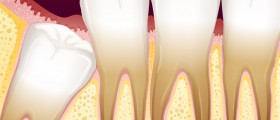
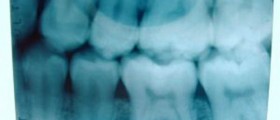







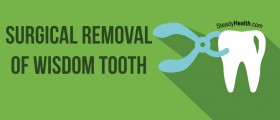


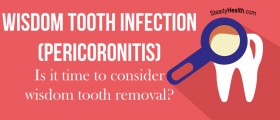


Your thoughts on this
Loading...